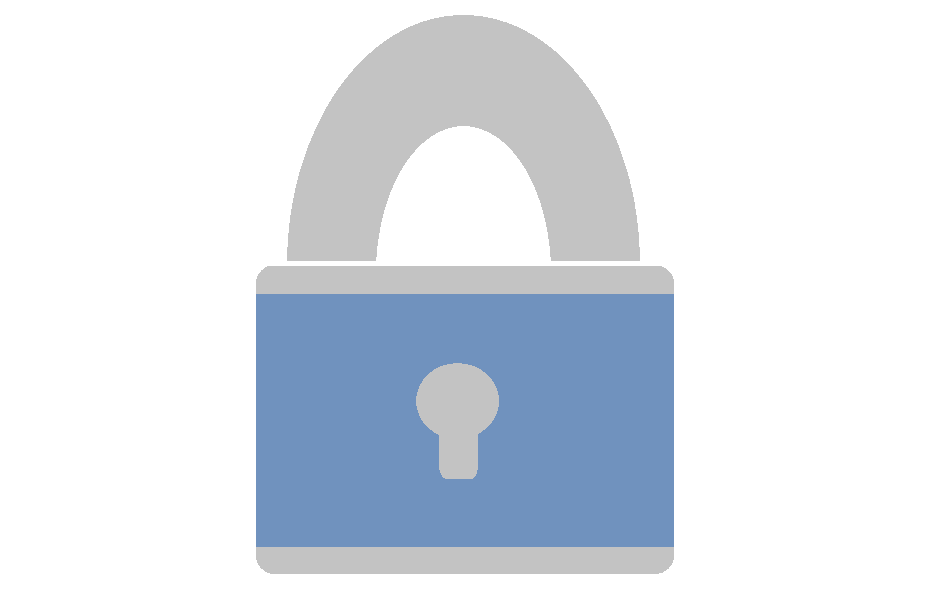INFORMATION
If you think you have found an error, or have questions about your account call: 706-657-5678
See how Citizens Bank & Trust, Inc. treats your information: Privacy Policy
See also: Supplemental Mobile Privacy Disclosure
Deposit Operations:
CB&T Mobile App
Help with checking or savings
Internet Banking
Wire Transfers
Loan Department:
Payoff information
Customer Service:
Checking and Savings
CD & IRAs
The Unlawful Internet Gambling Enforcement Act of 2006 prohibits gambling businesses from knowingly accepting payments in connection with the participation of another person in a bet or wager that involves the use of the Internet and that is unlawful under any federal or state law. Citizens Bank & Trust prohibits the processing of these restricted transactions for all accounts. If you are found to be in violation of UIGEA regulations your account will be closed.
ATM and Debit Cards
To report a lost, stolen, or otherwise compromised card call:
During business hours: 706-657-5678
After business hours: 866-546-8273
To change your PIN:
Visit one of our ATMs or call 888-891-2435
Nationwide Mortgage Licensing System & Registry provides a free service for consumers to confirm that the financial-services company or professional with whom they wish to conduct business is authorized to conduct business in their state.
Protect Yourself From Fraud
How to Protect Your Identity and Accounts.
Avoid using a similar password for your bank accounts as you do for other websites or apps. Don’t use common numbers such as birthdates, street addresses or other information that can be easily associated directly with you in your passwords. One approach is to have a password that is at least 14 letters long made up of a series of random words. Don’t keep a list of passwords, PINS or usernames in your wallet or in an unsecure computer file.
Be alert for text message, email and direct phone call scams trying to trick you out of giving up account numbers and other information. They often look and sound authentic asking for your account number or other details. Banks don’t ask for such specific details. They already have that information and won’t ask you for it in such unsolicited requests.
Don’t open email from unknown sources and use virus detection software. Banks won’t send you an email asking you to click on a link and provide sensitive account information.
Notify your bank immediately if you notice a fraudulent transaction. You will be reimbursed for verified fraud if you report it promptly.
Call your bank directly or navigate to their official website from a separate browser page if you’re suspicious.
Watch your account like a hawk. Monitor your account transactions online frequently. Set up electronic transaction notifications and balance alerts through your bank’s online banking service to monitor activity. Check your statement every month.
Don’t give your Social Security number or other personal credit information about yourself to anyone who contacts you.
Order free copies of your credit report once a year to ensure accuracy.
When using social networking sites, never include personal contact information including telephone numbers, Social Security number, birth date, email addresses, physical address, mother’s maiden name or other information that could provide sensitive information to fraudsters or hints to passwords.
Consider signing up for identity theft protection services and credit freezes. If your information is confirmed by a company to have been compromised, it will usually provide the service to you for free. Look for information directly from the company and read all communication carefully.
What to Do if You’re a Victim of Fraud...
Contact your bank immediately if you know or suspect your account has been compromised or your identity has been stolen. Use the tools it has to help you.
File a police report and contact the three major credit reporting companies.
The fraud unit numbers are:
TransUnion – 800-680-7289
Experian – 888-397-3742
Equifax – 800-525-6285
Keep records of your communication with authorities, including names and contact numbers.
For more advice, contact the FTC’s ID Theft Consumer Response Center at 1-877-ID THEFT (1-877-438-4338) or http://www.ftc.gov/idtheft.
Background: Banks Act Swiftly to Protect Customers when Fraud is Detected or Suspected.
Many banks have special fraud detection software that constantly monitors accounts to help flag ID theft.
If a bank detects possible fraud or if it is contacted about potential fraud, it immediately takes action by closing accounts when appropriate and beginning an investigation.
Depending on the data that is compromised, the bank may take a variety steps such as:
Enhanced account monitoring and customer notification
Blocking account access and re-issuing cards
Reimburse customers for confirmed fraudulent transactions.
Due to the zero-liability fraud protection offered by most banks and credit card companies, most victims do not experience any out-of-pocket costs from fraudulent transactions.
Banks bear the cost of account fraud, not consumers. Reimbursing customers and re-issuing cards can cost millions of dollars. For example, the Target data breach in late 2013 cost banks and credit unions $200 million just to re-issue cards, according to data collected by the Consumer Bankers Association and Credit Union National Association. The cost estimate does not include reimbursement for actual fraudulent charges.
Beyond the monetary cost, banks bear significant reputational risk if their account protection efforts, customer service and communication efforts about fraud are not excellent. Banks have become proactive and effective at dealing with these issues.
Most banks have special toll free numbers and websites devoted to helping victims of identity theft. Our phone number is 706-657-5678.
Many banks offer special worksheets, phone numbers and standardized affidavits to send to other businesses that may need to be contacted. A special affidavit is available from the Federal Trade Commission at www.ftc.gov/idtheft.



